Mozambique ranks third highest in the world for number of people living with HIV - Parliament’s ...
Mozambique: Elderly ‘particularly affected’ by violence in Cabo Delgado – HRW
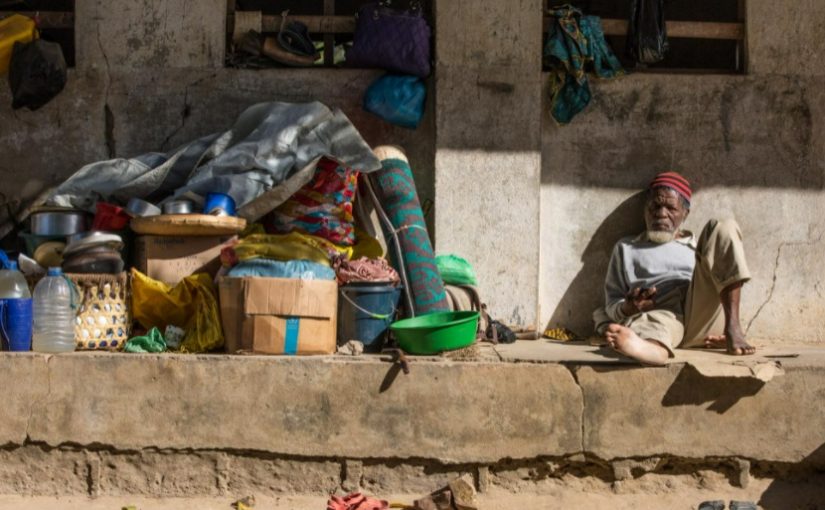
File photo: Lusa
Elderly people in northern Mozambique were “particularly affected when they failed to flee fighting” between Islamic armed groups and government forces between 2020 and 2021, Human Rights Watch (HRW) points out in a report released on Wednesday.
“Older women and men were particularly affected” in 2020-2021 “when they were unable to flee fighting between an Islamist armed group and government forces, with some being burned to death in their homes and shot dead or wounded by indiscriminate fire” HRW describes in the report “No one is spared: abuses against older people in armed conflict”, released today by the New York-based organisation.
The 48-page report reports on several situations that occurred between 2013 and 2021 in various armed conflicts in Africa and the rest of the world and made multiple recommendations to the governments of countries, organisations and donors to comply with international humanitarian law and human rights law, including concerning ending abuses and minimising harm to the elderly.
The wave of violence in Cabo Delgado province began in October 2017, when alleged armed Islamist groups attacked several police stations, resulting in a massive military response that led to the evacuation of villages.
Following the attacks, “the authorities closed mosques and detained hundreds of people without charge,” the HRW text recalls, which includes cases of violations that occurred between May and June 2018 involving attacks by armed groups.
Residents of the village of Nathuko, in Cabo Delgado province, described an attack. An unidentified group of masked men arrived in the village carrying machetes and began setting houses on fire. “They beheaded an older man and set fire to at least 100 houses, according to a local government official,” writes HRW.
The human rights organisation warns that older people are often at increased risk of abuse during armed conflict, arguing that the UN Security Council must take a hard look at this issue.
“The UN Security Council must ensure that the United Nations addresses in its work the need for greater protection of older civilians in armed conflict,” HRW argues.
“Older people face serious abuses, including summary executions, rape and abduction, during conflict,” says Bridget Sleap, senior researcher on the rights of older people at Human Rights Watch, quoted in the report.
“There is an urgent need for governments and the UN to recognise the specific risks and care needs of older people and act to protect them,” she adds.
Burkina Faso, Central African Republic, Ethiopia, Mali, Mozambique, Niger, South Sudan and Cameroon are countries that are the scenes of armed conflict scrutinised by the organisation, which also looks at conflicts in the rest of the globe, such as those in Ukraine, Syria, Myanmar or Israel and Palestine.
“Older people are often at increased risk when they are unable or choose not to flee attacks,” the organisation’s text adds.
For example, in Burkina Faso and Mali, armed Islamist groups, “government forces and ethnic militias have killed numerous older people”, including community-leading elders.
“On 27 January 2022, the Malian army executed two men over the age of 80 and 12 others in the village of Touna, in apparent retaliation for the deaths of two soldiers whose vehicle in which they were following stepped on an improvised explosive device” illustrates HRW.
In another reported case, “in South Sudan, a rape survivor in her 50s said that during government operations against rebel forces in February 2019, a soldier forced her to carry looted goods, beat her with a gun, and repeatedly raped her.”
HRW thus calls on governments involved in armed conflict to “comply with international humanitarian law and human rights law, including concerning ending abuses and minimising harm to older persons”.
Among other recommendations, the organisation also points to the need for governments of countries in conflict to ensure that the United Nations and other impartial humanitarian agencies “have full access to populations in need of assistance, including older persons”, as exemplified by the conflict in Tigray state, northern Ethiopia.
The report also adds many recommendations to the various actors involved, including the leadership of non-state armed groups, national parliaments or humanitarian agencies.
To donors, HRW urges, among other recommendations, that they ensure “the inclusion of older people in humanitarian assistance, and in humanitarian needs assessments, making all aid accessible, and partners should report on aid implementation disaggregated by age, gender and disability”.
- You may read the full HRW report “No One Is Spared: Abuses Against Older People in Armed Conflict” HERE
“The old men and women who could not run were killed.”
No one is spared in armed conflict. Find out how older people are at risk in our new report: https://t.co/SitPBoQbDY pic.twitter.com/Fgc38pmsqn
— Human Rights Watch (@hrw) February 23, 2022


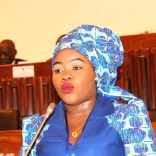
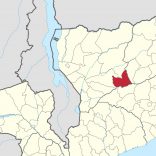

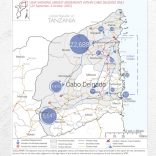
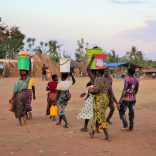





Leave a Reply
Be the First to Comment!
You must be logged in to post a comment.
You must be logged in to post a comment.